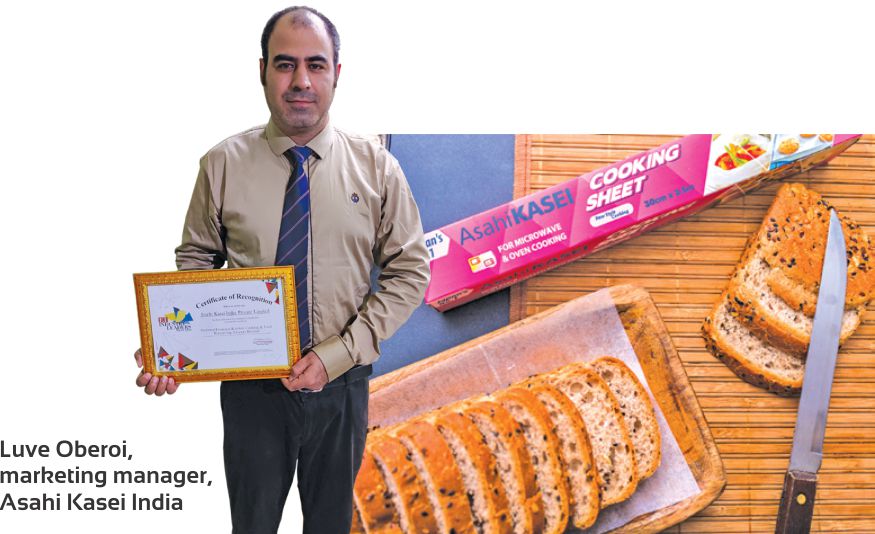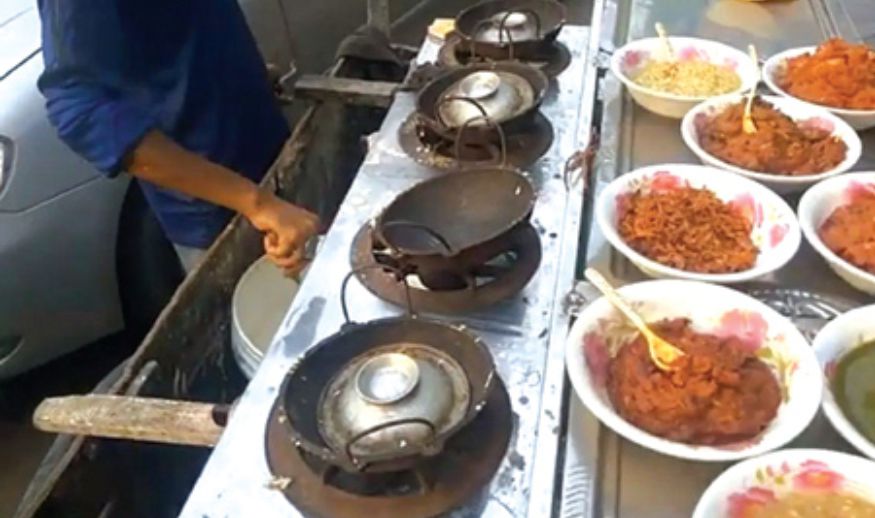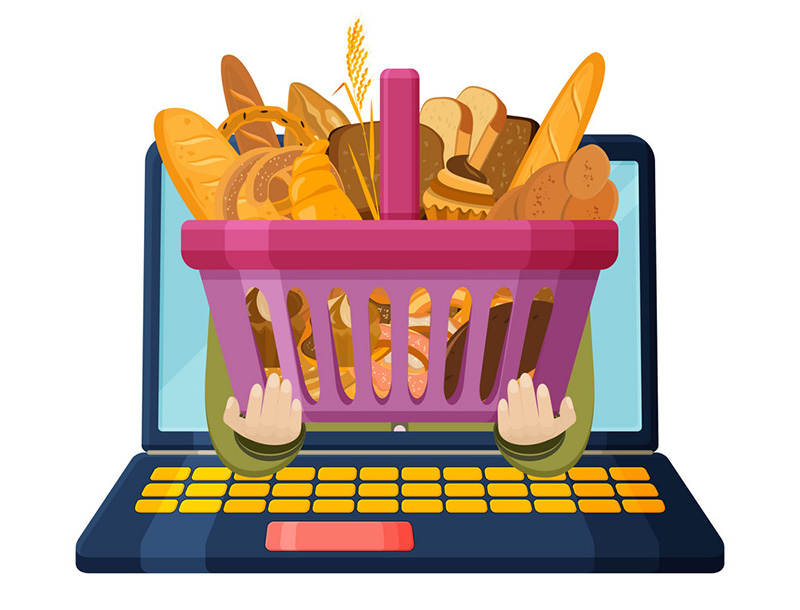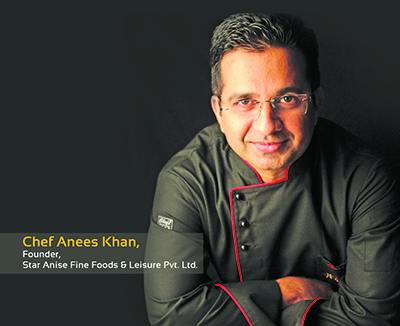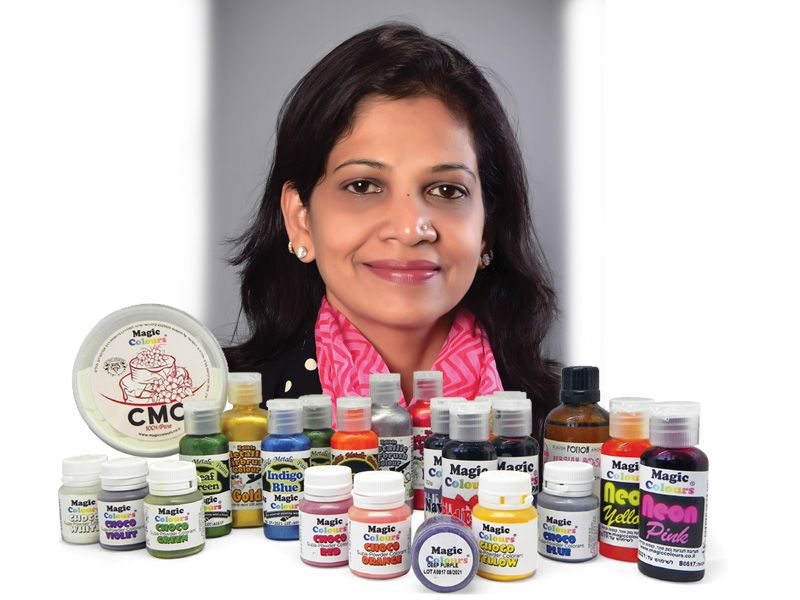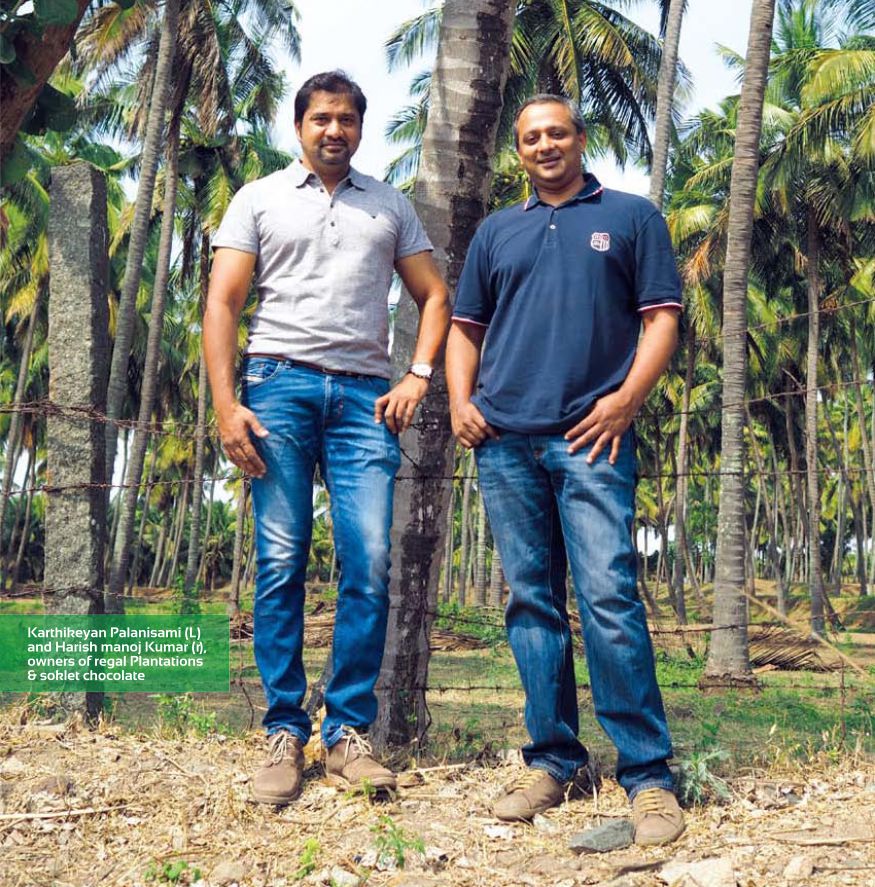
Two technocrat-farmers build a value chain running from a cocoa plantation to a retail chocolate bar brand—becoming the first to do so in India. Manoj John recounts their journey.
Soklet! What is that? Soklet denotes the rise of the craft chocolate in India. Microbreweries heralded the craft beer revolution in India more than a decade and a half ago. Craft coffee is something that is in the blood of Indians for centuries with all-too-famous places like Mumbai’s Madras Café across the country. But craft chocolate was something fictional for Indians up till now. Little did Karthikeyan Palanisami and Harish Manoj Kumar know that they will be the harbingers of craft chocolate in India. It was over a leisurely chit-chat that Panalisami told his brother-in-law Manoj Kumar that they needed to do something “crazy.” That is when they decided to make chocolate from the cacoa grown in Manoj Kumar’s family-owned farm. It was serendipity at its heights but it worked.
“And here we are after three years. As India’s first and only tree-to-bar chocolate maker,” says Palanisami. Their retail brand Soklet, a phonic play with the way Tamils pronounce the word “chocolate,” is fast catching up in the South Indian market.
Soklet and Regal brands of chocolates are made from beans harvested from their own plantation located on the foothills of the Anaimalai Hills, close to the Indira Gandhi Wildlife Sanctuary. Anaimalais lies at the southern portion of the Western Ghats, on the border of Kerala and Tamil Nadu states. Regal Plantations grows coconuts, cacoa, nutmeg and pepper. There are close to 10,000 cacoa trees in the farm.
The farm follows Korean Natural Farming, which takes advantage of indigenous microorganisms such as bacteria and fungi to produce a fertile soil that yield high output without the use of herbicides or pesticides. It attracts a large number of earthworms. The result is improvement in soil health, loaminess, tilth and structure.
Born into a peasant family, Manoj Kumar has been experimenting with sustainable farming for long. “The methods I follow give excellent returns in yields. The proof is our sustainably produced chocolates,” says Manoj Kumar. Permaculture, an agricultural practice that simulates the features of natural ecosystems, is the byword of prosperity at Regal Plantations. There is a small herd of zebu, or humped cattle, and shoals of fish in water tanks that play a key role in sustainable farming. Only indigenous breed of zebu is reared at the farm.
The pesticide-free plantation is the base point of India’s first craft chocolate brand. Bean-to-bar is a big trend in the US in which chocolate makers source their beans from a distinct farm much like the single malt whiskey manufacturers.
Palanisami and Manoj Kumar have gone two steps ahead—they breed the cocoa plant vareities and then cultivate them too. They extensively studied the bean-to-bar chocolate manufacturering in the US to get a better understanding of the process before setting up their fermentation facility. The duo visited cacoa farms in Vietnam and Cambodia also. It took one and a half years for them to put everything together.
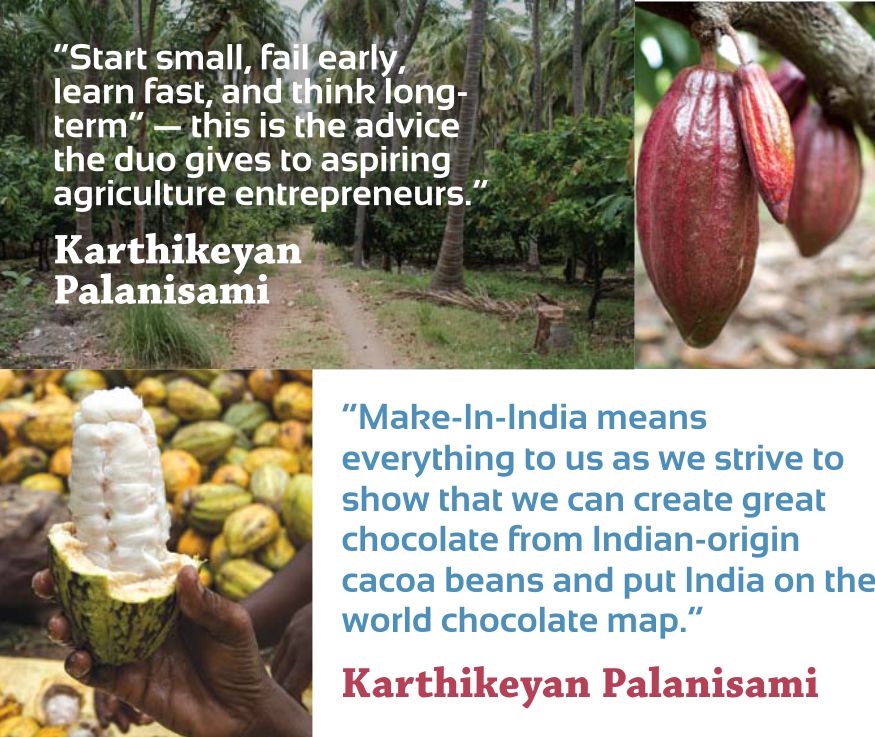
Backstory
Palanisami is a textile engineer running his own business. He is a connoisseur of fine food, a home chef and an amateur mixologist. “I have always been interested in food. I wanted to get into the food industry by the time I turned 40,” Palaniswamy rewinds the story behind the venture.
When he turned 40, he decided it was time to pursue his dream. His wife’s family has been growing cacoa for more than a decade. He looked at various opportunities to get into the fascinating world of food several years but somehow did not act. Three years ago, Palanisami decided that it was now or never to do something about his dream.
Manoj Kumar was already a cacao farmer. He always had a great passion for farming. “When we cultivated cacoa as an intercrop in our coconut plantation, it gave us additional revenue but it also thrust upon us additional responsibilities,” says Manoj Kumar.
Forging their strengths together, Manoj Kumar started focussing on plant propagation, sustainable farming methods, harvesting, fermenting and drying of the cocoa beans while Palanisami took online courses, connected with the international craft chocolate-making community, visited craft chocolate makers around the world and learnt the fine art. They started making small batches of chocolate bars and tested it among friends and family.
The process was tweaked based on the feedback and slowly they were ready with Regal Chocolate, a line of gourmet baking bars and couverture chocolate and Soklet, India’s first tree-to-bar chocolate. Soklet is a line of fine chocolate bars mostly dark but with a milk chocolate and blonde variation. The design pack, which draws from Kanchipuram sari and motifs in South India, reiterates the core theme of being local. Regal and Soklet do not contain compounds, flavouring agents and preservatives in the bars and let the cocoa beans speak for themselves.
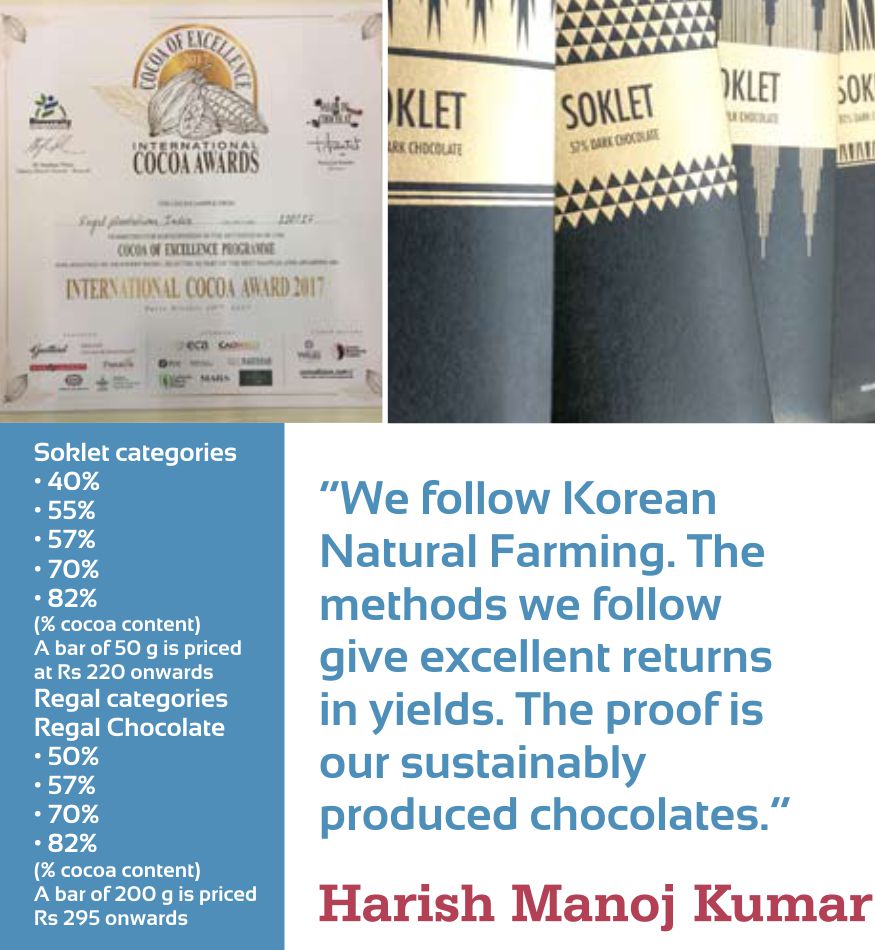
Backstage
The whole venture starts from breeding of the cocoa plant. The cacoa is harvested, fermented and dried in the farm itself. Harvesting the cacoa beans and fermenting them form Step One in flavour development. Then they select and sort the best lots for the chocolate production. Once the beans are sun-dried, they are roasted, cracked, winnowed, refined and conched in order to be transformed into chocolate.
“Tree-to-bar chocolate production expects each of us to be a farmer, engineer, scientist, chef, designer, an entrepreneur and what not! We were lucky that each member of the team is suited for these roles,” says Palanisami. Manoj Kumar is farmer and fermentation specialist, Palanisami is flavour development specialist, and his wife, Sujini runs a graphic design studio which does the branding.
Manoj Kumar visits the farm every day, handling the daily operations. The point is each tree must produce to its full potential. He supervises the daily irrigation schedule. The farm has facilities for fertigation— the practice of injecting fertilisers, soil amendments, and other water-soluble products into the irrigation system.
Palanisami, on his part, briefs the production team of the day’s production schedule. He oversees the continuous trials aimed at ensuring that they make great tasting chocolate. Afternoon is usually chocolate-tasting time. The daily grind leads to shipping out the orders, speaking to and emailing customers and listening to their feedback.
Chocolate production facility is located in Pollachi, close to Manoj Kumar’s house. More than 1,000 kg of chocolate is produced every month from the raw beans cultivated at the farm.
Having their own cocoa plantation gives them complete control over the chocolate manufacturing process. They can calibrate the whole process chain that includes fermentation of beans to tempering of the chocolate for making the bar. This single-origin chocolate is made from beans harvested from a group of farms spread across 220 acres on the foothills of Anaimalai.
“Make-In-India means everything to us as we strive to show that we can create great chocolate from Indian-origin cacoa beans and put India on the world chocolate map,” says Palanisami.
Regal Plantations won the International Cocoa Awards (ICA), a global competition recognising the work of cocoa farmers and celebrating the diversity of cocoa flavours according to the place of origin, last year. The biennial award is instituted by the Cocoa of Excellence Programme, a joint initiative of Bioversity International and Salon du Chocolat, the famous trade show in Paris.
At the International Chocolate Awards 2017, Dubai-based chocolate brand, Mirzam, won a silver medal for its single-origin 62 per cent bar made using Regal’s beans. “This is the first time that an Indian bean has won such an accolade,” says Palaniswamy. Regal works with Toast & Tonic, The Fatty Bao, Olive Beach as well as bakeries such as Bliss in Delhi. It supplies beans to bean-to-bar companies in the US and the Middle East.
Chef Manu Chandra described the brownie dessert at Toast & Tonic restaunrat as “featuring Coimbatore Regal Chocolate in the most comforting way” in his Instagram feed. Regal was the only participant from India at Chocoa Chocolate Show in Amsterdam last year. “We presented Soklet here before we launched it in India. The response was very favourable and we hope to put Soklet in store shelves in Europe soon,” says Palanisami.
“My favourite pick in the Soklet lineup is the 70 per cent dark chocolate bar. It’s a two-ingredient chocolate that is made from only cacao powder and cane sugar,” said Palanisami. The chocolate maker has nothing such as vanilla or emulsifiers to hide.
“Start small, fail early, learn fast, think long-term”—this is the advice the duo is giving to aspiring agriculture entrepreneurs.
“My advice to aspiring entrepreneurs looking to get into the food space is: You need to be passionate about what you do and believe in yourself. Respect local ingredients, and aim at creating a healthier world as we are ultimately what we eat,” says Palanisami.



